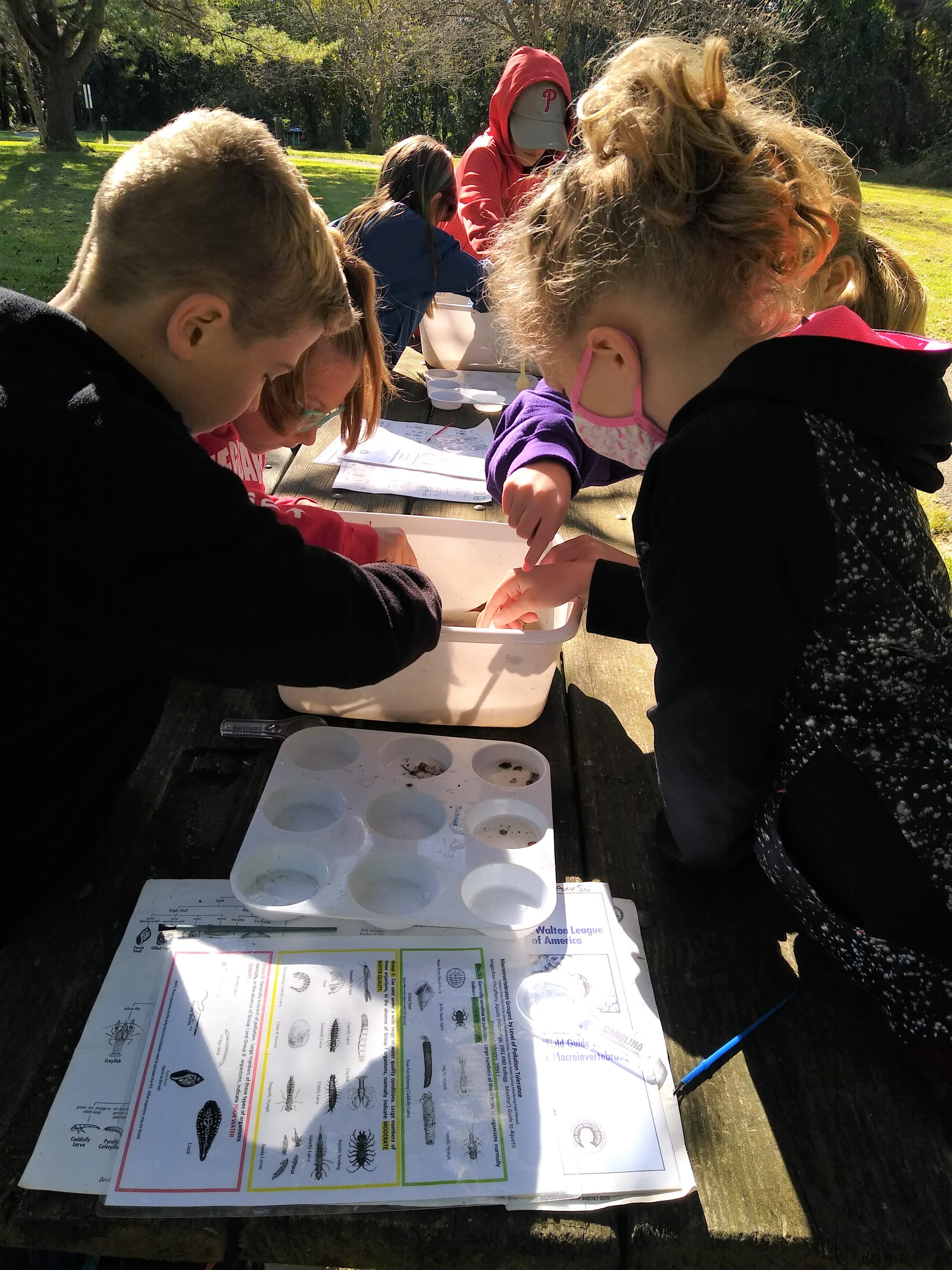The Meaningful Watershed Educational Experience (affectionately known as "MWEE" and pronounced "me-wee") is an educational approach that is being implemented nationwide.
It's a BIG effort that has the support of thousands of teachers, educators, superintendents, partner organizations, higher educational institutions, and state and federal offices. YOU are an essential piece of this puzzle, and you're not alone in your efforts. Together we are working toward building a more environmentally literate citizenry.
Watch the video on this page to get a sense for what a MWEE is about.
Consider watching it once, focusing on the audio, and another time, focusing on the text and visuals.
MWEE Promotional Video (Transcript)
Here's a bit more background...
The MWEE was first developed by members of the Education Workgroup of the Chesapeake Bay Program. Since the Chesapeake Bay Program’s founding in 1983, program partners have used written agreements to guide the restoration of the nation’s largest estuary and its watershed. The Watershed Agreement includes two outcomes focused on environmental literacy, including one where partners are working towards a goal of having every student experience a MWEE at least once each in elementary, middle, and high school.
Though the MWEE was developed in the Chesapeake Bay Watershed, the framework can be used anywhere because students are investigating a locally relevant environmental issue. The national Bay Watershed Education and Training (B-WET) grant program hosted by NOAA uses this framework across the country and we hope more people will adapt the framework to integrate environmental education and action into K-12 curriculum.
The MWEE has evolved over the years to incorporate best practices for teaching and learning into one comprehensive instructional model. This online course was developed to improve the ability of formal and non-formal educators and their leadership to design and implement effective MWEEs. The course is based on “An Educator's Guide to the Meaningful Watershed Educational Experience.”
